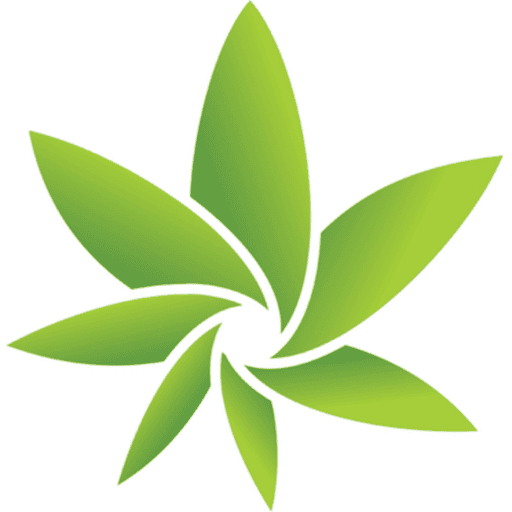A reasonable price for CBD products typically falls within the range of $0.10 to $0.20 per milligram. This benchmark helps you evaluate various products and ensures you obtain quality without overspending. For example, if you find a 500mg CBD oil priced at $40, you’re right at $0.08 per milligram, which can indicate a lower quality or dilution. Aim to select products where the cost aligns more closely with the $0.10 to $0.20 per milligram standard for better assurance of quality and efficacy.
When shopping for CBD, consider factors such as the extraction method, source of the hemp, and third-party lab testing. Premium extraction methods like CO2 extraction might slightly increase the price, but they yield a purer product. Also, reputable brands often provide lab results, ensuring transparency about what you’re buying. A brand’s commitment to quality may warrant a higher price point, reinforcing the value of your investment.
Pay attention to product form as well. Oils, tinctures, and isolates often cost more per unit compared to edibles or topicals. Assess your personal needs and preferences before purchasing, as this will guide you toward the most beneficial product for your lifestyle. Remember, price is just one aspect of your decision; always prioritize quality and accountability when selecting CBD products.
Understanding CBD Pricing: Factors Influencing Cost
When determining the price of CBD products, several factors come into play. Quality of ingredients is paramount. High-quality hemp, organically grown, often results in a higher price due to the costs associated with sustainable farming practices. Look for products that provide third-party lab testing results, as this adds to the credibility and cost of the product.
Another important aspect is extraction methods. CO2 extraction, for instance, maintains purity and potency but involves expensive equipment and processes. As a result, products derived through this method usually command higher prices compared to those extracted through simpler methods, such as ethanol.
Serving size and concentration also influence pricing. A product with a higher concentration of CBD will typically be more expensive, but it may also offer better value in terms of the amount of active ingredient you’re getting per product. Always consider the milligrams of CBD per serving to assess cost-effectiveness.
Brand reputation can affect prices as well. Established brands with a history of quality and transparency typically charge more, reflecting their commitment to quality and customer trust. Newer or less reputable brands may underprice to attract customers, which can indicate lower quality or less rigorous testing standards.
Lastly, packaging and distribution play a role. CBD products that come in environmentally friendly packaging or are distributed through premium retail channels may have higher prices due to the associated costs. Always read the labels and research the brand to ensure you get value for your money.
Comparing CBD Prices Across Different Product Types
A good reference point is to look at specific product categories: oils, capsules, edibles, and topicals, as their prices often vary significantly based on formulation and concentration.
CBD Oils
CBD oils typically range from $30 to $300 for 30ml bottles. Prices depend on the concentration, with lower concentrations (around 300mg) being more affordable, while high-potency options (up to 3000mg or more) cost significantly more. Buying in bulk or choosing less well-known brands can also lead to savings.
CBD Capsules
Capsules generally cost between $20 and $100 for a bottle containing 30 capsules. Brands that offer higher doses per capsule often price on the higher end. Look for options with lab testing to ensure quality and consistency, as this can affect the price per dose.
Edibles, such as gummies, vary widely in price, typically setting consumers back $10 to $60 for a standard package. Watch the per-serving CBD content; gummies can differ, leading to potential cost disparities. Topicals, used for localized application, range from $20 to $100 depending on volume and ingredients.
Always consider the cost per milligram of CBD to make informed decisions. This metric helps compare products effectively, regardless of type.
Identifying Quality Indicators That Justify CBD Pricing
Assessing CBD product quality requires careful attention to several key indicators. Start with the source of the hemp. Products derived from organic, non-GMO hemp tend to assure better quality, as the absence of pesticides and harmful chemicals enhances safety and efficacy. Look for brands that provide transparency about their farming practices.
Third-Party Testing
Third-party lab testing serves as a significant quality marker. Reliable CBD brands readily share lab results, including cannabinoid profiles and contaminant screenings. These results verify the product’s concentration and purity, ensuring you receive what you pay for. Seek certificates of analysis (COA) that confirm these tests were conducted by independent labs.
Extraction Method
The extraction method significantly impacts both the quality and price of CBD. CO2 extraction is widely respected for producing clean, potent CBD without harmful solvents. Brands using this method generally invest more in ensuring product quality, which is often reflected in their pricing. Assess the extraction method used before finalizing your purchase.
Evaluate the overall formulation of the product as well. Full-spectrum CBD products, which include a range of cannabinoids and terpenes, typically offer enhanced benefits through the entourage effect. This might justify a higher price point compared to isolate products, which contain only CBD. Prioritize products that align with your needs and objectives in order to ensure value for your investment.
